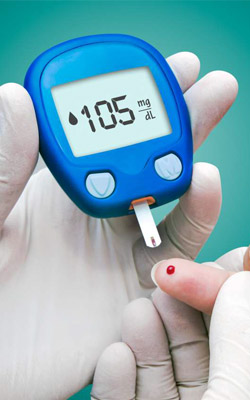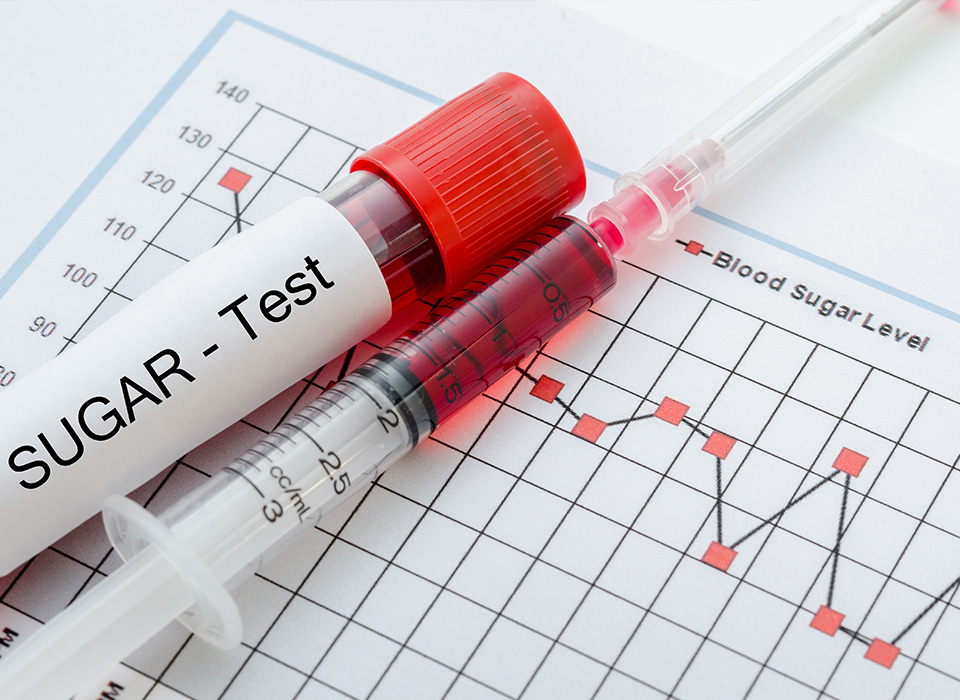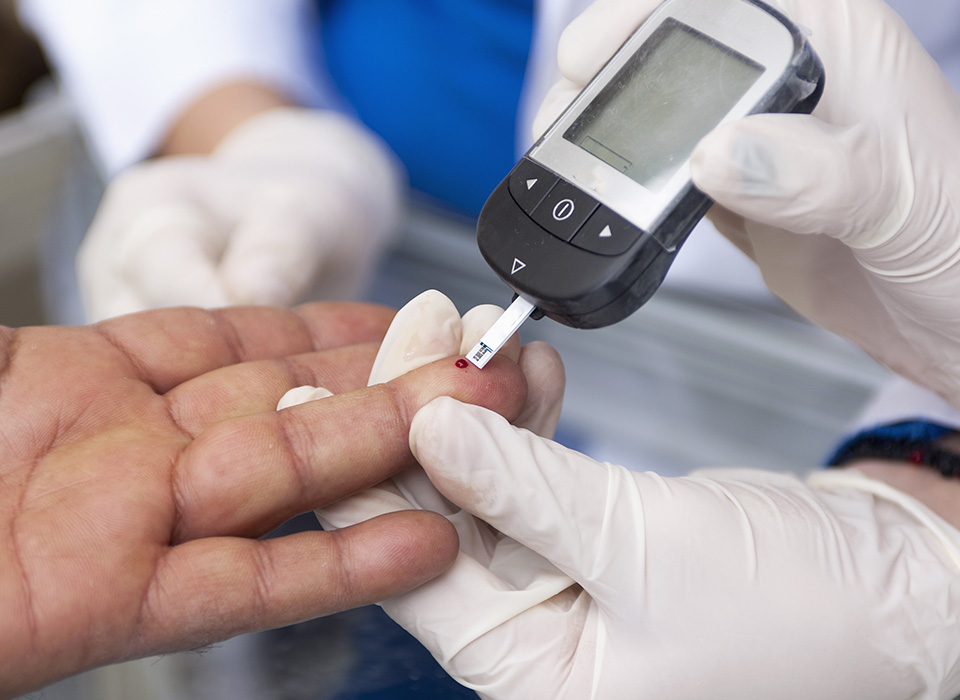
Diabetes Clinic
Diabetes; over the years has emerged as a major health problem in India. Diabetes, with its acute complications, has become a major health mycardiosupply.com . World Health Organisation (WHO) projections show that at present 67 million Indians have diabetes, but half of them are not aware of it. This number is expected to swell to 100 million by the year 2030.
Considering the enormous burden of diabetes in India coupled with unawareness of this deadly disease; it is important to realize the cost effective measures of diabetes care such as
• Early screening of diabetes and its complications
• Monitoring of risk factors
• Timely assessment of end organ damage
The’ ACE’ diabetes care program aims to cater to these unmet needs in Diabetes care

What is ACE Diabetes Care
A Assessment | C Control | E Education of Diabetes
Facilities at ACE Diabetes
Sancheti Hospital has started ACE with a twofold purpose:
- To provide comprehensive and Total Diabetic Care i.e. not only routine treatment of diabetes but also of its various complications.
- To provide this modern and efficient diabetes service right in the heart of Pune so that the facilities could be made available to a larger section of the population.

What is Diabetes?
Diabetes mellitus is a metabolic cum vascular disorder in which the body’s capacity to utilise glucose, fat and protein is disturbed due to insulin deficiency and/or insulin resistance.
This could lead to damage of blood vessels if left uncontrolled. In people with diabetes there is insufficient insulin activity in the body.
Insulin is a hormone produced by beta cells of islets of Langerhans in the pancreas.
Action of insulin on the food
Most of the food we eat is broken down into glucose and other simple sugars.
Glucose gets absorbed into the blood stream which enters into the cells and is used for energy.
As the blood glucose rises, insulin is released from the pancreas. Cells have receptor sites on the outside.
When insulin attaches to the receptor sites, a passage is made and glucose enters into the cell.
Thus insulin regulates the blood glucose level.
When there is an insulin deficiency, glucose cannot enter into the cells and remains in the blood which leads to high blood sugar levels.
Normal Plasma Glucose Levels
- Fasting 70 – 100 mg/dl
- Post Prandial 100 – 140 mg/dl
Insulin deficiency may be relative or absolute and may be due to
- Insufficient production of insulin by the pancreas.
- Sufficient production of insulin but non release into the blood stream.
- Increased demand for insulin by the body tissues.
- Destruction / Inactivation of insulin by enzymes and other factors produced by the liver and endocrine glands such as pituitary gland, adrenal cortex, thyroid etc.
Symptoms of Diabetes
- Increased thirst.
- Increased hunger.
- Excessive urination.
- Weight loss.
- Weakness and tiredness.
- Delayed wound healing.
- Numbness in hands and feet.
- Blurred vision.
- Itching in genitals.
Risk factors for diabetes
- Family history of diabetes.
- Over weight / Obesity.
- High blood pressure or hyperlipidemia.
- Those with previous bad obstetric history.
- Recurrent abortions
- Still births
- Congenital malformations
- Big baby (over 3.5 kg at birth)
- Mental stress
- Physically inactive people (sedentary job)






